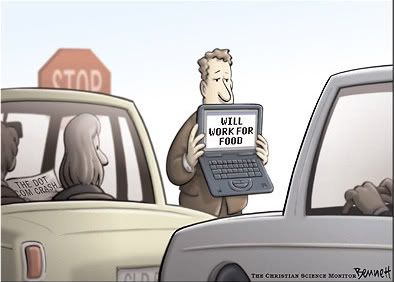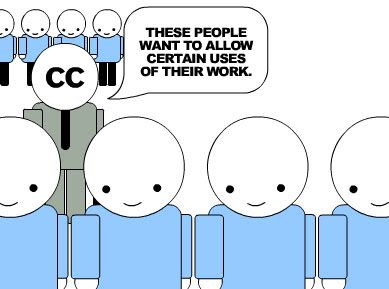The idea of the internet as cyberspace has been a part of our contemporary culture for some time, particularly in the popular medium of film. But is the concept of cyberspace still relevant to our contemporary society? Discuss with reference to your own experience of contemporary media.
1. Communities in Cyberspace (Smith & Kollock 1999)
I chose this book because it entails information about communities in cyberspace, which was once a small niche and now it is everywhere. Computer cyberspace can be used for political debate, social networking, public interest, popular culture and the list could go on. Instead of people talking to machines, computer networks are working on connecting people to people.
2. Virtual worlds and the social realities of cyberspace (Schroeder 1995)
This journal will be helpful because it outlines that digital technologies are playing huge roles in our lives in contemporary society. It also outlines media speculation and questioned how these technologies will affect us in the future. It also entails interactivity and realistic generated worlds in cyberspace.
3. The End of Cyberspace and Other Surprises (Thomas 2006)
This journal reports on Web 2.0, the possible end of cyberspace and the internet. It also depicts how technology has changed and enhanced and outlines the pros and cons of the world wide web. As well as stating that the internet has become a barrier with social face to face networking.
4. Information and Communication Technologies and Society (Fuchs 2009)
This article introduces the concept of Critical Internet Theory and gives an analysis of the accumulation strategies employed by corporations. As well as asking the question, what theoretical foundation is needed for studying the internet and society?
5. Embedding the Internet Into the Lives of College Students (Ogan, Ozaka & Groshek 2007)
This journal puts forth of how the internet is increasingly embedded into our lives, especially college students or should I say university students! This study reports the results of a web survey of a group of university undergraduates exploring the nature of both online and offline in five areas; the use of news and information, the discussion of politics, the seeking of health information, the use of blogs, and the downloading of media and software.
ESSAY
16 years ago


